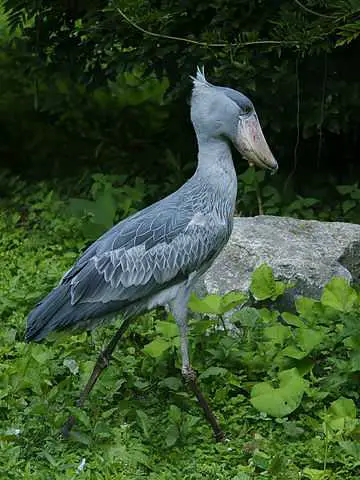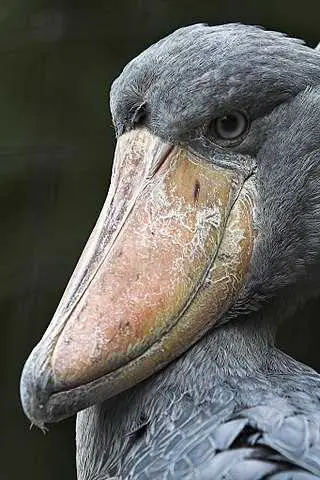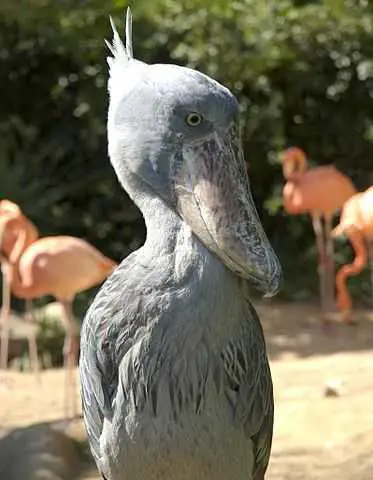We're off to Australia tonight!
Source:
~~~~~~~~~~~~~~~~~~~~~~~~~~~~~~~~~~~~~~~~~~~~~~~~~~~~~~~~~
More info on this wonderful engine here:
https://en.wikipedia.org/wiki/6029#Service

:o)
We're off to Australia tonight!
Source:
~~~~~~~~~~~~~~~~~~~~~~~~~~~~~~~~~~~~~~~~~~~~~~~~~~~~~~~~~
More info on this wonderful engine here:
https://en.wikipedia.org/wiki/6029#Service

:o)
He's been busy!
Hubby mowed the lawn:
And then it rained - still chilly out:
But - everything is growing!
The gang comes a-running when they see the treat bowl!
A pretty sunset:
:o)
... it's time to learn what the wonderful birds in your back yard sound like!
25 of the most common backyard bird calls in the Central and Eastern United States with tips for how to remember each one!
How many do you know?
:o)
Still very boring here in Coopville!
Storm clouds:
So far, this has NOT worked.....
The woodpeckers are getting rid of this old stump for us!
The gang before they are locked up for the night....
Will be back on Friday - maybe something exciting will happen by then!!!!
:o)
My favorite!
Source:
Shot over a period of a few years, this is a collection of Shay steam locomotives of different gauges and scales. They range in size from inches that you could hold in one hand to feet that can pull hundreds up a mountain. The Roaring Camp engine was shot on a fifty degree day and has wonderful condensation fog. The 15" gauge J.T. & S. Shay #6 was visiting during a Meet.
:o)
A beautiful day!
On the way back home, the price jumped to $3.53!!!!!!!
Everything is finally turning green!
Hubby mowing the grass:
Benji is soooo handsome!
The gang under the deck:
One tulip bloomed:
:o)
....."Shoebill"!
Shoebills are ancient birds that have been recognized by humans all the way back to the time of ancient Egypt. The shoebill was mislabeled as a stork for a long time, but was eventually relocated to the pelican group and is also considered to be somewhat similar to a heron. Shoebill birds lay eggs that are similar to that of a pelican and also share some DNA with pelicans.
The shoebill usually comes in between 40 and 50 inches, although it may be slightly larger than this depending on the individual bird. Male shoebill birds usually weigh around 12 pounds and are a little bit heavier than female shoebills, but not by much. All shoebill birds have massive spoon-like bills and feature gray plumage that is brown when they’re younger. They have a large wingspan meant for soaring and short necks, unlike their stork and pelican relatives. Although their body and wings are shaped somewhat like a condor, shoebills are not related to this type of bird.

Shoebills use their massive, powerful bills to kill and eat their prey, which is usually fish. They may also eat some rodents as well as turtles and smaller birds, but this is not very common. Shoebills clatter their bills to communicate with one another, but may also rarely make mooing sounds as a form of communication as well.

The shoebill is a vulnerable species. This means that, while the shoebill is not endangered yet, it is on its way to that point due to habitat destruction and hunting. Conservation efforts are in place to prevent the shoebill from reaching endangered classification.
The scientific name of the shoebill is Balaeniceps rex. The Balaeniceps genus comes from the family Balaenicipitidae, which includes only the shoebill and the hamerkop. The hamerkop is much smaller than a shoebill and doesn’t look very similar to the shoebill, despite being part of the same family.
There is only one type of shoebill, but there are two known prehistoric relatives of this type of bird. The first is called Goliathia and was found in Egypt, and the second is called Paludavis and was also found in Egpyt, but fossilized at a different time period. Despite the shoebill descending from both of these relatives, it does not have separate types now, and the shoebill doesn’t even come in more than one color.
The shoebill is very closely related to pelicans, which is
why it is sometimes referred to as a shoebill pelican and is classified
in the order Pelicaniformes. However, in the past, the shoebill
was mis-categorized as belonging to the Ciconiformes order, which
includes storks. The shoebill resembles a stork in its structure and
shape, and this is why it is also sometimes referred to as the shoebill.
Some scientists also feel that the shoebill is related to herons, and
therefore it can also be known as a shoebill crane.

Humans have known about shoebills as long ago as ancient Egypt, when they are first referred to in written language. They did not receive a classification until the 1800s, however, when they become known to the West and specifically to Europe. It wasn’t until over a hundred years later that shoebills were reclassified. Today, scientists continue to study fossils and information about shoebills to get a better idea of what they are and how to understand them.
There’s a lot more to learn about shoebills, and this information has really only scratched the surface. Understanding these beautiful shoebill birds is important, and education about these creatures will help in conservation efforts and in preventing the shoebill bird from becoming endangered.
Shoebills are not particularly harmful to humans and there are no confirmed cases of death due to these birds attacking humans, pets, or livestock. They may look scary and have big, intimidating bills, but those bills are only a cause for concern for fish and some small animals. It is important to work to preserve shoebill birds and their habitats so that shoebills can continue thriving in the years to come.
:o)
The temperature dropped and it's been just downright chilly:
Hubby had to start the fireplace up again!
After all the rain we've been having, the damn deer are back to eat the lush, green grass:
Getting the garden ready:
Pretty 'Johnny-jumps' (wonder why they are called that!)"
Lots of dandelions this year, too!
Treats for the gang: birdseed, oatmeal, rice and corn:
:o)
.... grocery store and buy a pack of chicken, have you ever wondered how it got there?
At least the 'free range' ones get to see see sunlight and feel green grass under their feet....
:o(
Friday:
A beautiful sunset after a really warm day:
Then later that afternoon::
Here is the video of the horses that didn't work last week:
:o)
Here is nother great British Steam Engine film!
Did you notice that almost all off the iron workers were middle aged men? None of them wore safety gear like they do today.
It still astounds me that these engines were really made piece, by piece. Everything was mostly hand crafted and forged.
:o)